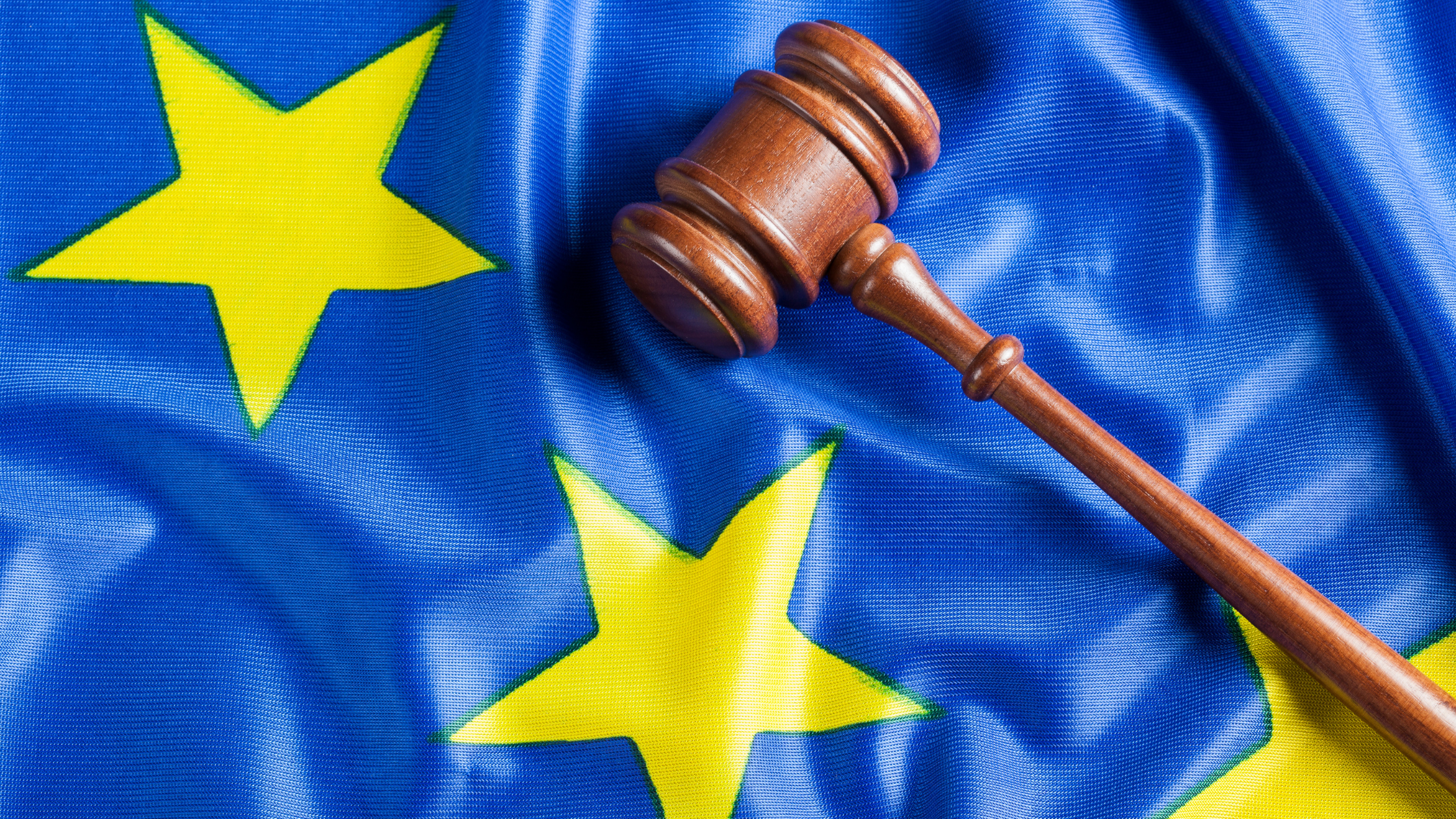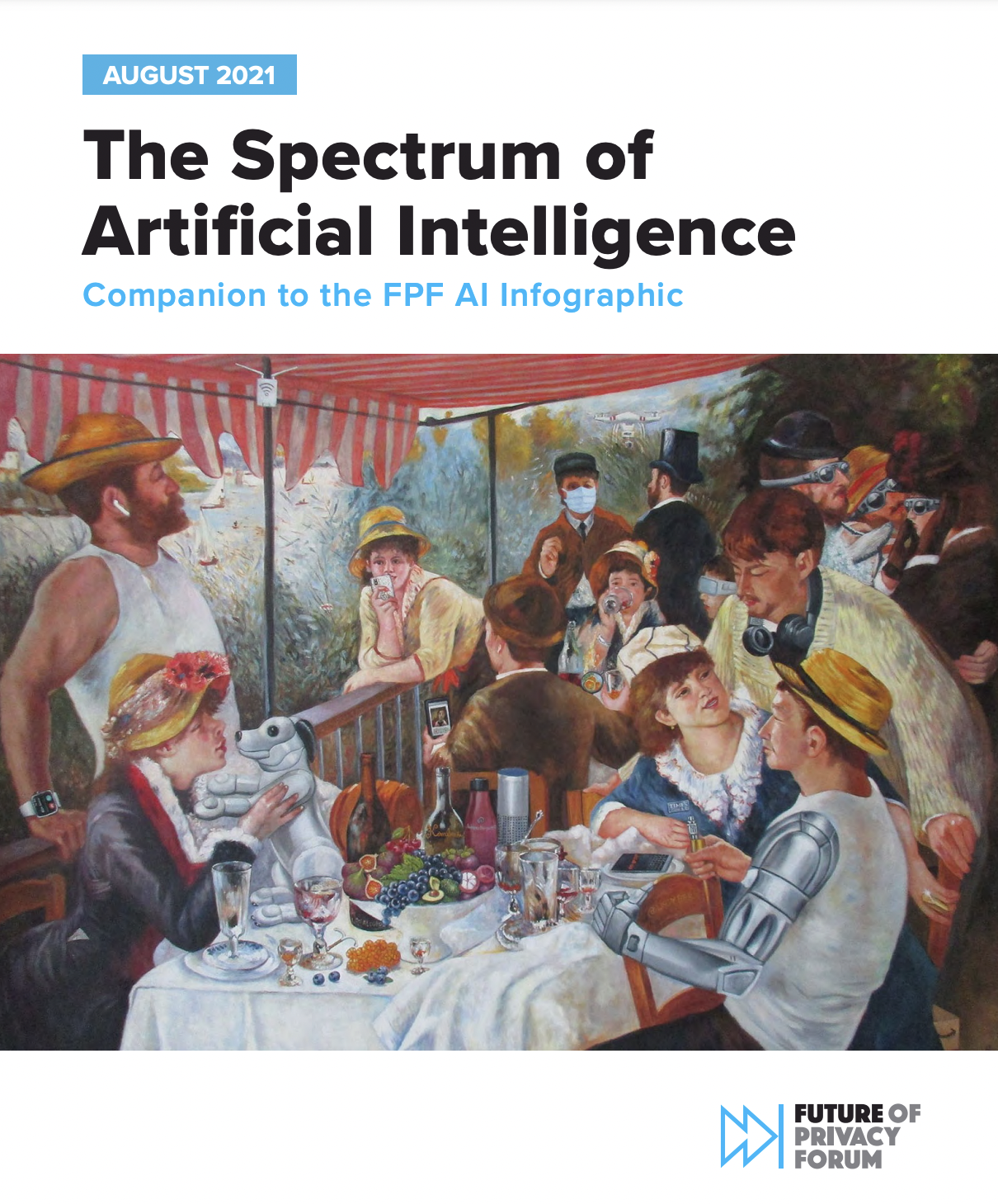Showing results for virg xped free bet promo code 2024 austria 2024 code 2024 austria 2024 2024 2024

12th Annual Privacy Papers for Policymakers Awardees Explore the Nature of Privacy Rights & Harms
[…] February 10, 2022. Register for the virtual event The winners of the 2022 Privacy Papers for Policymakers Award are: Privacy Harms, by Danielle Keats Citron, University of Virginia School of Law; and Daniel J. Solove, George Washington University Law School This paper looks at how courts define harm in cases involving privacy violations and […]

Overcoming Hurdles to Effective Data Sharing for Researchers
[…] regulations and norms by Institutional Review Boards (IRBs) lead to an inconsistent and shifting landscape for researchers and companies, the expert panelists pointed out that the variation between IRBs is not as significant as the variation between regulatory controls for research governed by federal restrictions (the Common Rule) and those applied to commercial research […]

“Are crumbles all that remains of the cookies?” A conversation on the future of ad tech at the Nordic Privacy Arena 2021
[…] to enable the latter to make and website owners to respect those choices. He also took the view that such proposals could positively avoid leaving browser manufacturers free to establish default settings. Then, the panel touched on the question: are online players unwilling to correctly configure their consent banners, in line with current legal […]

Dispatch from the Global Privacy Assembly: The brave new world of international data transfers
[…] between those regions and the rest of the world”. The European Commission has recently concluded adequacy talks with South Korea, after having created the largest area of free data flows for the EU with Japan, two years ago. “You will see more of that in the coming months and years, with other partners in […]

Event Report from DigitalxADB: Driving Digital Development across Asia and the Pacific
[…] global principles can be found in the OECD Privacy Guidelines, the APEC Privacy Principles, and for Southeast Asia, the ASEAN Principles for Data Protection, as well as free-trade agreements like the CPTPP and RCEP. At the same time, it is also necessary to adapt laws to local conditions – society, culture, and history. The […]

Five Things Lawyers Need to Know About AI
[…] IEEE Global Initiative on Ethics for Autonomous and Intelligent Systems. Prior to working at FPF, Sara was faculty in the Center for Public Administration and Policy at Virginia Tech and in the Department of Politics and Public Administration at the University of Hong Kong. She is a graduate of Texas A&M University and University […]

Event Report: From “Consent-Centric” Frameworks to Responsible Data Practices and Privacy Accountability in Asia Pacific
[…] payment platforms, because they exclusively use them on their phones. Understanding this reality (how users have never used a computer, but only mobile phones with preloaded apps, free allowances, etc.) is key to start thinking about designing consent, or even policymaking around consent. However, literacy is not necessarily a barrier, and it is not […]

Upcoming data protection rulings in the EU: an overview of CJEU pending cases
[…] and advertising, under the “contract” or “legitimate interests” legal bases. In parallel, the court asks the CJEU to rule on whether GDPR-compliant consent may be effectively and freely expressed by users “to a dominant undertaking”. These last questions resemble others that were posed more recently by the Austrian Oberster Gerichtshof. On July 20, 2021, […]

China’s New Comprehensive Data Protection Law: Context, Stated Objectives, Key Provisions
[…] or “written consent” for specific processing of PI (Art. 14). Similar to the GDPR, individuals have the right to withdraw consent (Art. 15). Inspired by the “ freely given” validity condition under the GDPR, the PIPL also provides that handlers may not refuse to provide products or services on the basis that an individual […]

The Spectrum of AI: Companion to the FPF AI Infographic
[…] economic, and professional opportunities. If regulation is to be effective, it should focus on both technical details and the underlying values and rights that must be protected from adverse uses of AI, to ensure that AI is ultimately used to promote human dignity and welfare. A .pdf version of the printed paper is available here.
